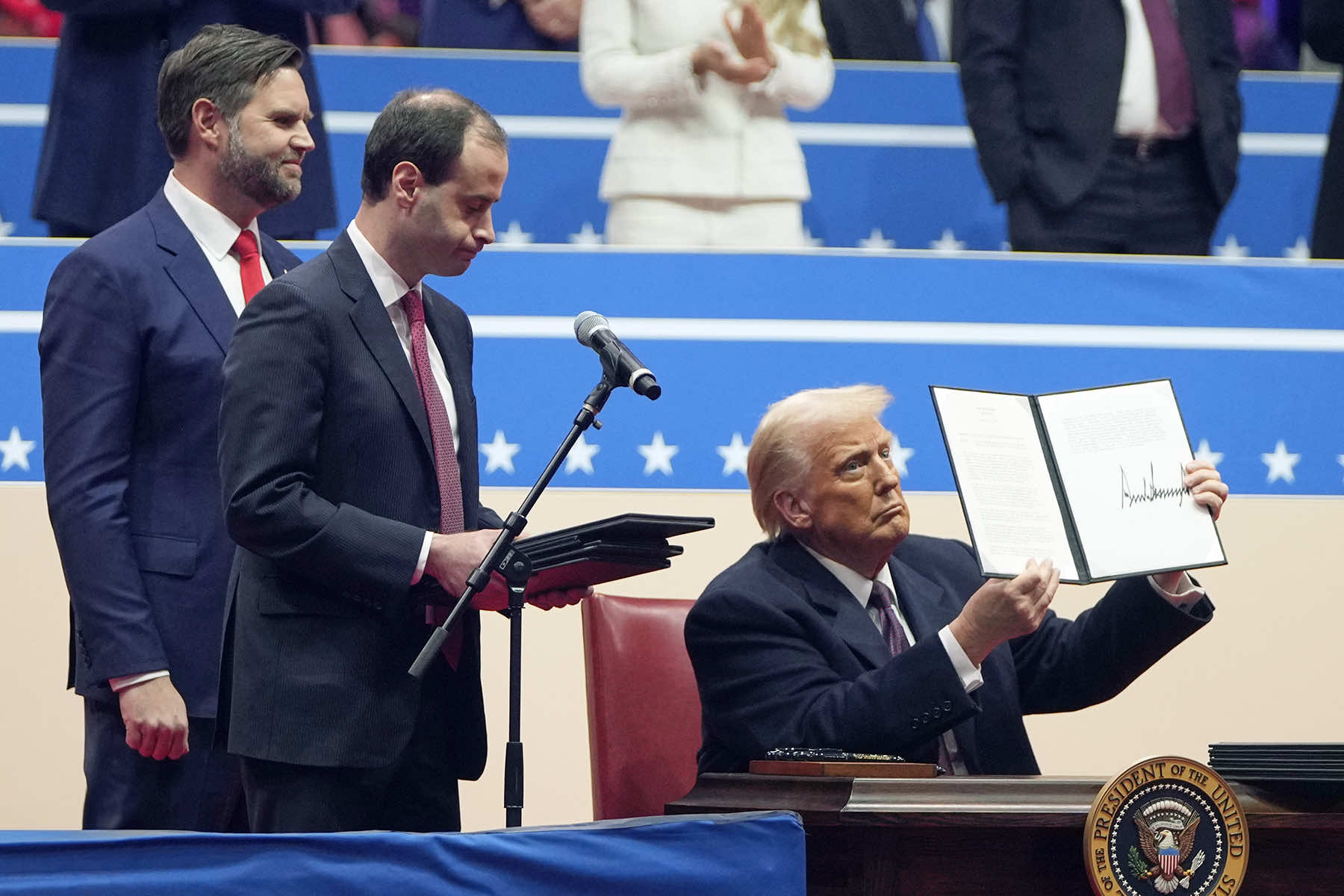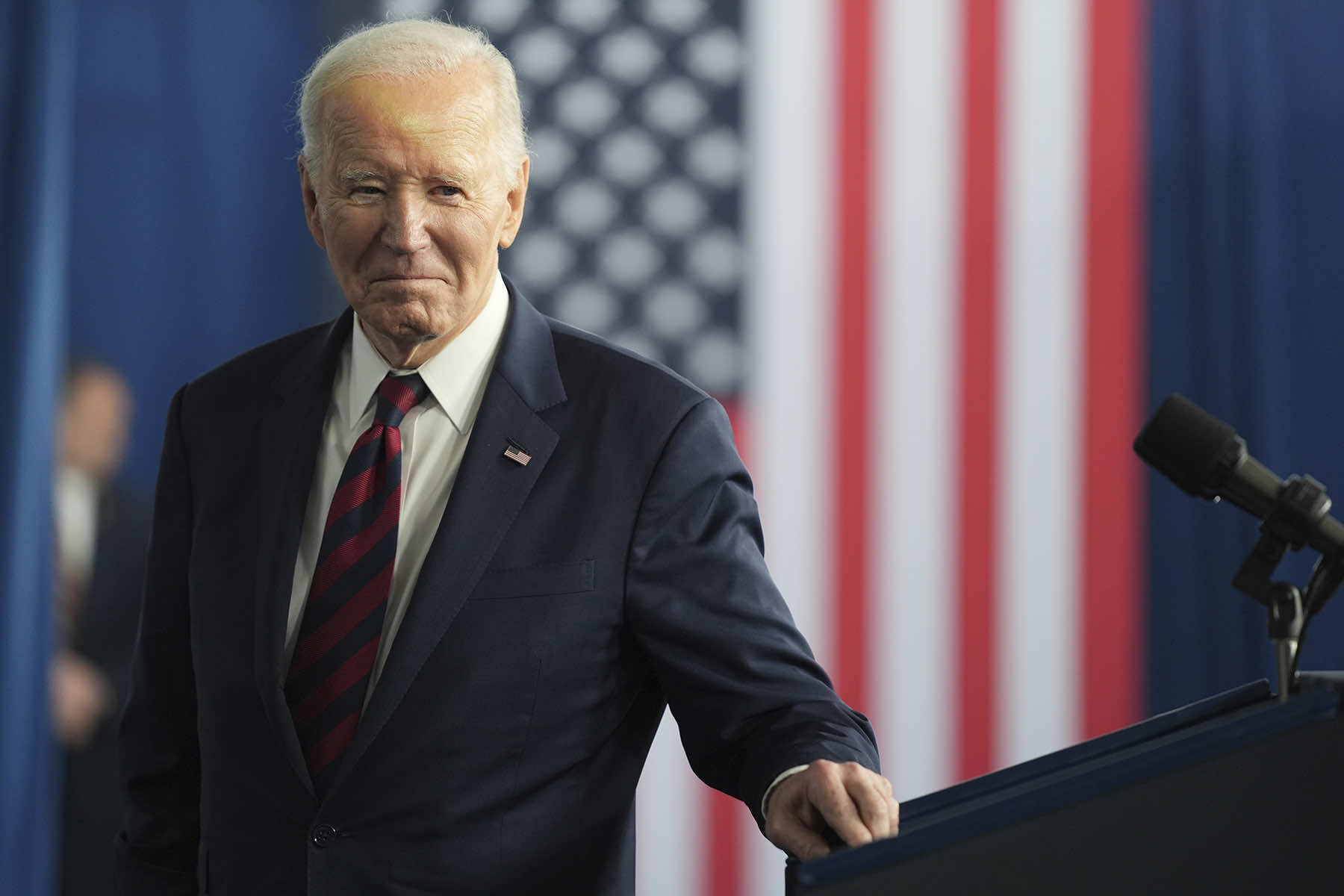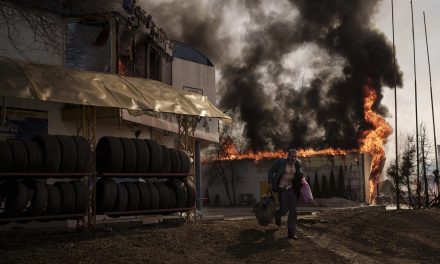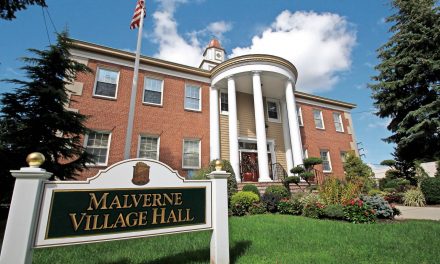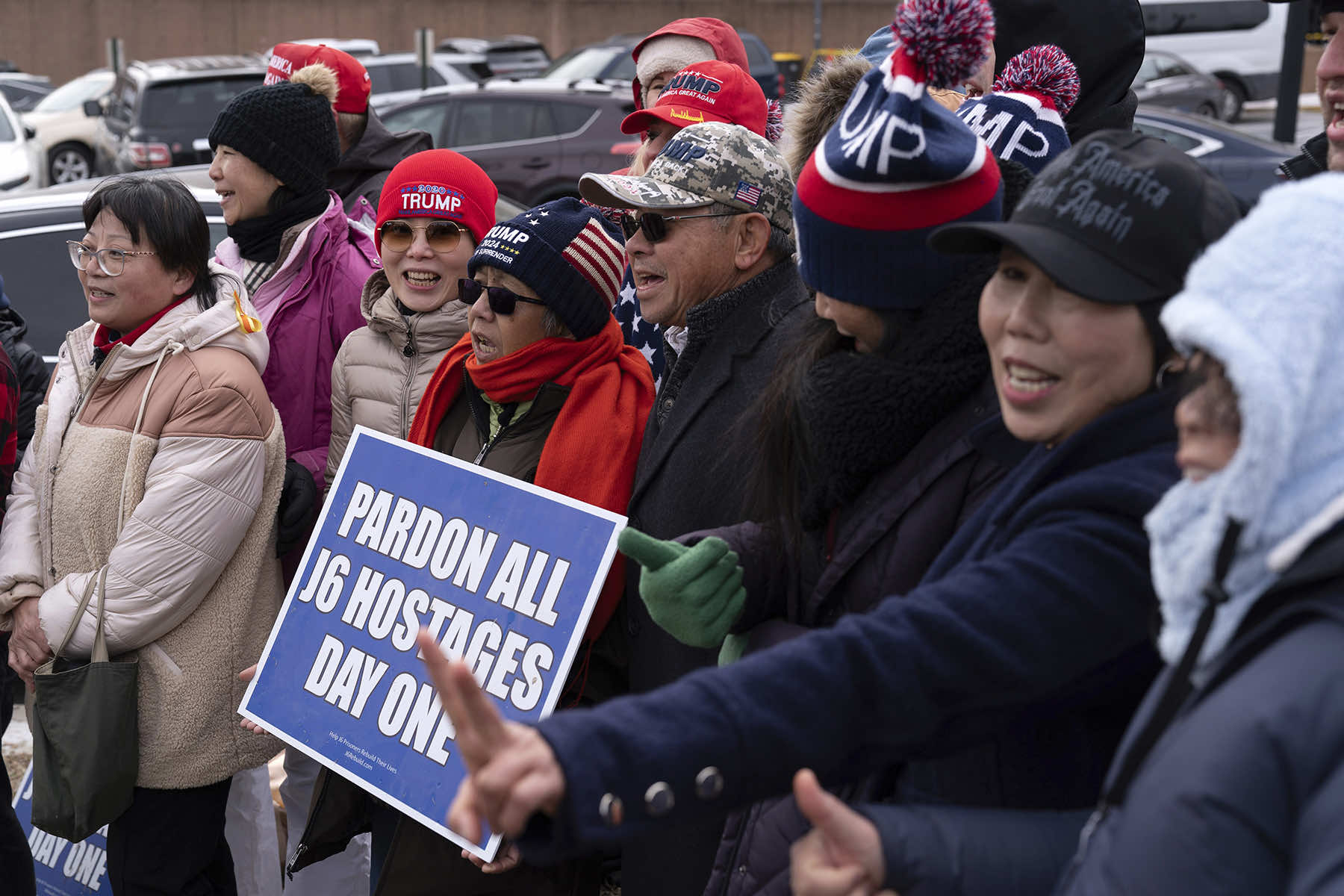
A day that began with the outgoing president’s pardon of lawmakers and his own family ended with the incoming president’s pardon of supporters who violently stormed the U.S. Capitol four years ago.
The clemency grants by departing President Joe Biden and new President Donald Trump — one benefiting uncharged people not accused of wrongdoing, the other aiding rioters convicted of violent felonies — are vastly different in scope, impact, and their meaning for the rule of law.
But the remarkable flex of executive authority in a 12-hour span also shows the men’s deeply rooted suspicion of one another, with both signaling to their supporters that the tall pillars of the criminal justice system — facts, evidence and law — could not be trusted as foundational principles in each other’s administrations.
“It was a sad day for Lady Justice no matter which side of the political spectrum you’re on,” said John Fishwick Jr., a former U.S. attorney in Virginia during the Obama administration. “In alternative ways, both Biden and Trump were sending the same message. Trump was saying it was a corrupt system the last four years, and Biden was saying it’s about to be a corrupt system. And that’s a horrible message.”
In pardoning his siblings and their spouses in one of his final actions in office, President Biden said his family had been “subjected to unrelenting attacks and threats, motivated solely by a desire to hurt me — the worst kind of partisan politics.”
He said he had “no reason to believe these attacks will end,” a similar rationale he cited when pardoning his son Hunter in December for tax and gun crimes despite having pledged not to.
He also pardoned Dr. Anthony Fauci, retired Gen. Mark Milley and members of the House committee that investigated the January 6 attack on the Capitol — all considered potential targets of investigation in a Trump administration despite no public evidence of any criminal behavior.
Trump’s pick for FBI director, Kash Patel, has for instance singled out Fauci as someone deserving of investigation and prosecution over the handling of the COVID-19 pandemic.
Even as President Biden said he believed in the rule of law and was “optimistic that the strength of our legal institutions will ultimately prevail over politics,” he acknowledged that “exceptional circumstances” compelled him to act.
That wobbly faith in the criminal justice system under Trump’s watch appears to mirror the American public’s perspective.
About half of Americans are “not very” or “not at all” confident that the Justice Department, the FBI or the Supreme Court will act in a fair and nonpartisan manner during Trump’s second term. In each instance, roughly 3 in 10 are “somewhat” confident and about 2 in 10 are “extremely” or “very” confident, according to an AP-NORC poll from January.
While the outgoing Democratic resident was convinced his successor could not be trusted not to target his perceived adversaries, including his own relatives, the incoming Republican president seemed equally convinced the prior administration engaged in political persecution of his supporters.
Trump pardoned, commuted the prison sentences of or vowed to dismiss the cases of all of the 1,500-plus people charged with crimes in the deadly Jan. 6, 2021, U.S. Capitol riot, a sweeping maneuver that far exceeded the forecasts of other Trump administration officials, who suggested the clemency grants would be narrower.
The clemency wiped out the largest investigation in Justice Department history, the beneficiaries including members of the mob of Trump supporters who violently attacked police officers with weapons like flag poles, bats and bear spray, as well as leaders of far-right extremist groups convicted of failed plots to keep the Republican in power.
Trump has cast the rioters as “hostages” and “patriots” despite the breadth of evidence accumulated by prosecutors and has complained that the cases were politically motivated despite no evidence of any coordination between the Justice Department and the White House.
“That’s breathtaking. This is a man who does not believe in the rule of law. He believes he can do as he pleases. He’s made that clear for many years,” said Chris Edelson, an assistant American University professor specializing in presidential powers.
He said he did not fault President Biden for the preemptive pardons, given Trump’s warnings of reprisal.
“It would be a lie or at the very least misleading for President Biden to assure Americans that they can trust the system,” Edelson said.
Questions about faith in the rule of law have taken center stage as Trump looks for the Senate to confirm both Patel and his attorney general pick, Pam Bondi, who during her confirmation hearing told senators that she would not play politics while also suggesting that the Justice Department over the last four years had become weaponized.
For critics of the pardons like Fishwick, the former U.S. attorney, the clemency risks adding to the misguided public perception that the criminal justice system is “rigged.”
“I think both Biden and Trump were using the pardon power as part of political statements,” Fishwick said, “and that’s not how the Founding Fathers envisioned them being implemented by the president.”
A federal judge wrote on January 22, as she dismissed one of nearly 1,600 cases stemming from the attack by a mob of Trump supporters, that Trump’s mass pardons for rioters who stormed the U.S. Capitol “will not change the truth of what happened” in the nation’s capital four years ago.
U.S. District Judge Colleen Kollar-Kotelly said evidence of the January 6, 2021 assault on the Capitol was preserved through the “neutral lens” of riot videos, trial transcripts, jury verdicts and judicial opinions.
“Those records are immutable and represent the truth, no matter how the events of January 6 are described by those charged or their allies,” she wrote.
Kollar-Kotelly is one of over 20 judges to handle the hundreds of cases produced by the largest investigation in the Justice Department’s history. She issued her written remarks in an order dismissing the case against Dominic Box, a Georgia man who was among the first group of rioters to enter the Capitol on January 6, 2021.
Other judges at the federal courthouse in Washington DC spoke out against pardons for Capitol rioters before Trump’s commuted the prison sentences or ordered the dismissal of charges in all of the 1,500-plus Capitol riot criminal cases.
District Judge Carl Nichols, a Trump nominee, said in November that handing out blanket pardons to Capitol rioters would be “beyond frustrating and disappointing.” Nichols expressed his criticism during a hearing at which he agreed to postpone a January 6 riot defendant’s trial until after Trump’s return to the White House.
During a hearing last month, District Judge Amit Mehta said it would be “frightening” if Oath Keepers founder Stewart Rhodes was pardoned for orchestrating a violent plot to keep Trump in the White House after he lost the 2020 presidential election. Rhodes was serving an 18-year sentence when he was released from prison this week.
Box, who was featured in the HBO documentary “Four Hours at the Capitol,” was found guilty of charges including interfering with police during a civil disorder, a felony. The judge convicted Box last year after a “stipulated bench trial,” which meant she decided the case based on facts that both sides agreed to before the trial started.
Box was scheduled to be sentenced on February 21. More than 130 other convicted rioters were awaiting sentencing when Trump issued pardons.
Nearly 1,600 people were charged with Capitol riot-related federal crimes. More than 1,000 of them pleaded guilty. Approximately 250 others were convicted by a judge or jury after trials. Over 1,100 were sentenced, with more than 700 receiving a term of imprisonment ranging from several days to 22 years.
Over 130 police officers were injured during the riot. At least four officers who were at the Capitol later died by suicide. And Capitol Police Officer Brian Sicknick collapsed and died after engaging with the protesters. A medical examiner later determined he died of natural causes.
Kollar-Kotelly said the heroism of officers who defended the Capitol “also cannot be altered or ignored.”
“Grossly outnumbered, those law enforcement officers acted valiantly to protect the Members of Congress, their staff, the Vice President and his family, the integrity of the Capitol grounds, and the Capitol Building – our symbol of liberty and a symbol of democratic rule around the world,” she wrote.

